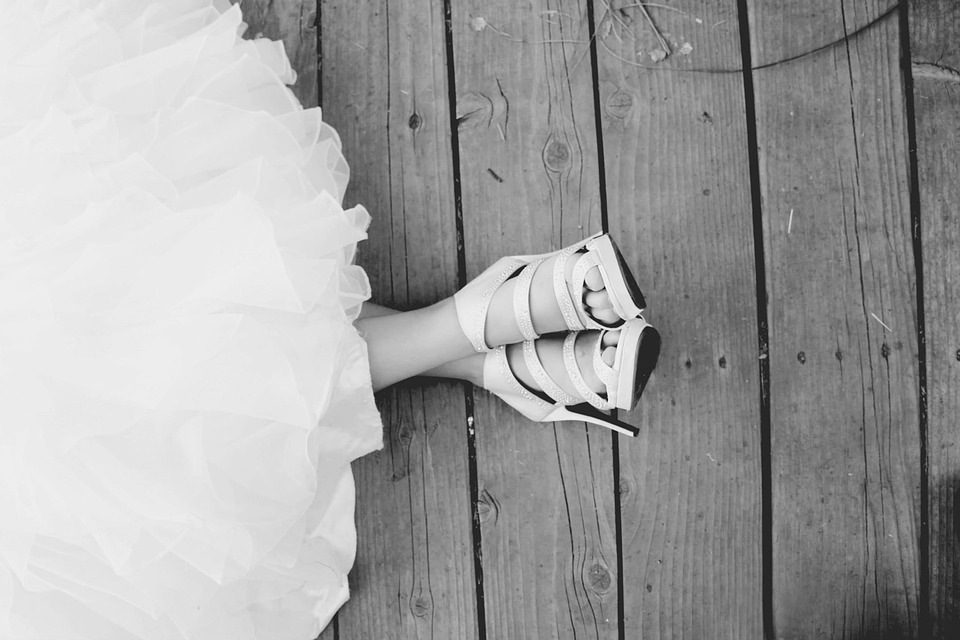Many people have heard more than once that you should never lend your hat or shoes to a stranger, as this can lead to illness, failure and other negative consequences. How does this explain, and what other signs are associated with wearing other people’s hats and shoes?
Why can't you lend a hat or shoes to another person?

In order to get a complete answer, you should consider this question from three points of view:
- From the point of view of signs.
- From an energy point of view.
- From a personal hygiene point of view.
Signs
From time immemorial, in our country, wearing someone else’s hat was not considered a very good omen, because it was believed that in this way a person would take on “on his own head” all the illnesses, unpleasant thoughts and problems of the person whose hat he put on. It was considered a particularly bad sign to wear a hat taken from a deceased person.
Important! Many people, when trying on a hat in a store, don’t even think about how many people have worn it before, and how many of these fittings have left other people’s problems and illnesses on the product.
In order to “remove” these diseases, it was previously customary to wash a hat in three waters after purchase (with powder, in running water and with the addition of holy water).

According to ancient superstitions, wearing shoes from someone else's feet makes your feet sweat. If a person accidentally puts on boots or shoes that are not his own, this may predict a pleasant surprise for him in the near future. During wedding ceremonies, a pair of worn, old shoes were thrown after the newlyweds: it was believed that this would bring good luck to the marriage. Torn and old shoes were also thrown in the wake of a man who had a long, grueling journey ahead of him.
Vital energy
It is worth noting that when a person gives his shoes or clothes into the wrong hands, all the things given can be used against him as an intermediary object to cause damage or the evil eye, which will deprive the giver of vital energy and prosperity in business. If you do not give, but, on the contrary, accept someone else’s shoes or hat as a gift, then you should pay attention to the person who gives these things. If he is happy, cheerful and successful in life, you should boldly accept offerings, but if he is always sad and unhappy, then his failures and negative perception of the world around him can pass on to you.
Reference! Esotericism specialists and psychics assure that someone else’s item can be cleansed of the energy of the previous owner, and “connected” to the energy of the new owner by performing a special ritual. It is difficult to judge the reliability of this information, but many assure that after this someone else’s item can be worn without fear.
Hygiene

Even if the person trying on other people’s hats and shoes is a terrible skeptic and does not believe in omens or in the existence of positive and negative life energy, you can convince him not to try on other people’s things with the help of arguments in favor of banal maintenance of personal hygiene. Wearing someone else's shoes, for example, can lead to infection with fungal diseases, which are widespread in our country. Roughly the same applies to hats - harmful microorganisms, skin diseases and even lice can “move” onto the head of the person trying them on even after just one fitting.
In order to safely put on someone else’s shoes or hats, it is recommended that they be thoroughly cleaned and washed using a good washing powder. After the items are washed, rinse them thoroughly and allow them to dry in a warm, dry place. It should be remembered that observing basic rules of personal hygiene when wearing someone else’s shoes and items of clothing is everyone’s responsibility.


 0
0





